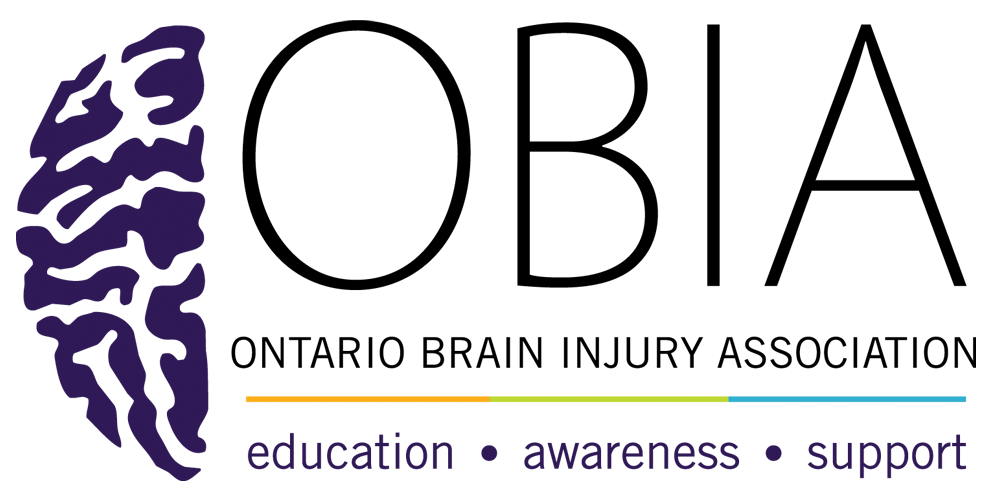Quick Facts
- Reasoning and problem solving are executive functions
- These require an individual to analyze a task or problem and find possible solutions
- Following a brain injury, individuals may become more rigid and concrete in their thinking
What does it
look like?
- Difficulty recognizing when there is a problem
- Have difficulty making decisions and becoming stuck on one solution rather than looking at other options
- Making quick decisions without thinking about the consequences
- Difficulty understanding abstract levels of meaning (e.g., figures of speech and metaphors)
- Difficulty considering hypothetical explanations and problem solving (e.g., cannot connect different, but similar types of information or recognize patterns of information)
- Inability to appreciate cause-and-effect relationships
Possible Causes and Complications
Possible causes:
- Damage to the areas of the front part of the brain that manage thinking skills
Possible complications:
- Difficulty with social interactions and understanding social rules, personal safety rules, etc.
- Challenges understanding and having awareness as to the impact of their injury
- Difficulty managing grief and loss
What can we do?
Problem Solving Assistance:
- Make instructions for problems clear and concise
- Support the individual to work through problems by using a problem solving organizer
- Define the problem
- Brainstorm solutions
- List pros and cons
- Pick a solution to try
- Evaluate the solution
- Try another solution if necessary
Reasoning Assistance:
- Avoid abstractions “Oh, I love your wallpaper. It’s like being in a beautiful garden”
- Encourage the development of visualization when reading
- Read a story aloud and discuss the story
- Play word association games
Disclaimer: This information is not meant to replace advice from a medical doctor. Consult a health care provider regarding specific medical concerns or treatment.

